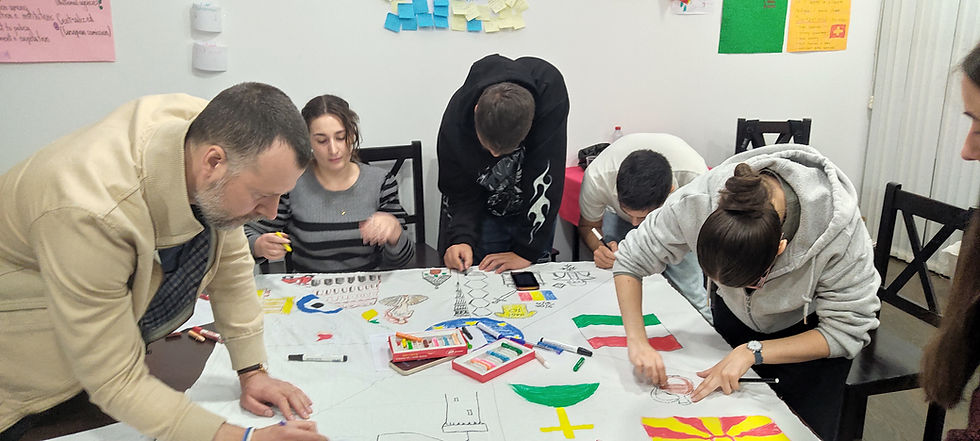Challenges Faced by Migrants in Work Life
- Jan 27, 2025
- 2 min read
Updated: Sep 14, 2025

Migrants often encounter numerous difficulties in their pursuit of stable employment and successful integration into the workforce. These challenges can be structural, cultural, or individual, significantly impacting their professional and personal lives.
1. Language Barriers
One of the most common obstacles for migrants is limited proficiency in the local language. Communication difficulties can hinder their ability to understand job requirements, participate in training programs, and interact effectively with colleagues or clients. This often relegates migrants to low-skilled jobs, regardless of their qualifications.
2. Recognition of Qualifications
Many migrants face challenges in having their academic and professional qualifications recognized in the host country. This can force highly skilled individuals, such as engineers, doctors, or teachers, to accept positions well below their capabilities, leading to underemployment and frustration.
3. Discrimination and Bias
Migrants frequently experience workplace discrimination, ranging from unconscious biases to overt racism. These prejudices can result in unequal treatment, limited career advancement opportunities, and exclusion from professional networks, further marginalizing them in the labor market.
4. Exploitation and Job Insecurity
Due to their vulnerable position, migrants are often subject to exploitative working conditions, including low wages, long hours, and lack of benefits. Some may work in informal or illegal sectors without job security or legal protections, leaving them susceptible to abuse and unfair practices.
5. Legal and Bureaucratic Hurdles
Obtaining work permits or residency can be a lengthy and complex process for migrants. Restrictive policies or delays in documentation often prevent them from accessing formal employment, forcing many to rely on precarious, temporary, or informal jobs to make a living.
6. Cultural Differences and Integration Issues
Cultural misunderstandings or lack of familiarity with workplace norms in the host country can create friction between migrants and their employers or colleagues. Adjusting to a new work culture requires time and support, which is not always provided.
These are only some of the difficulties migrants face in their work life. To ensure a better work place for everyone, we need to act together as communities.



